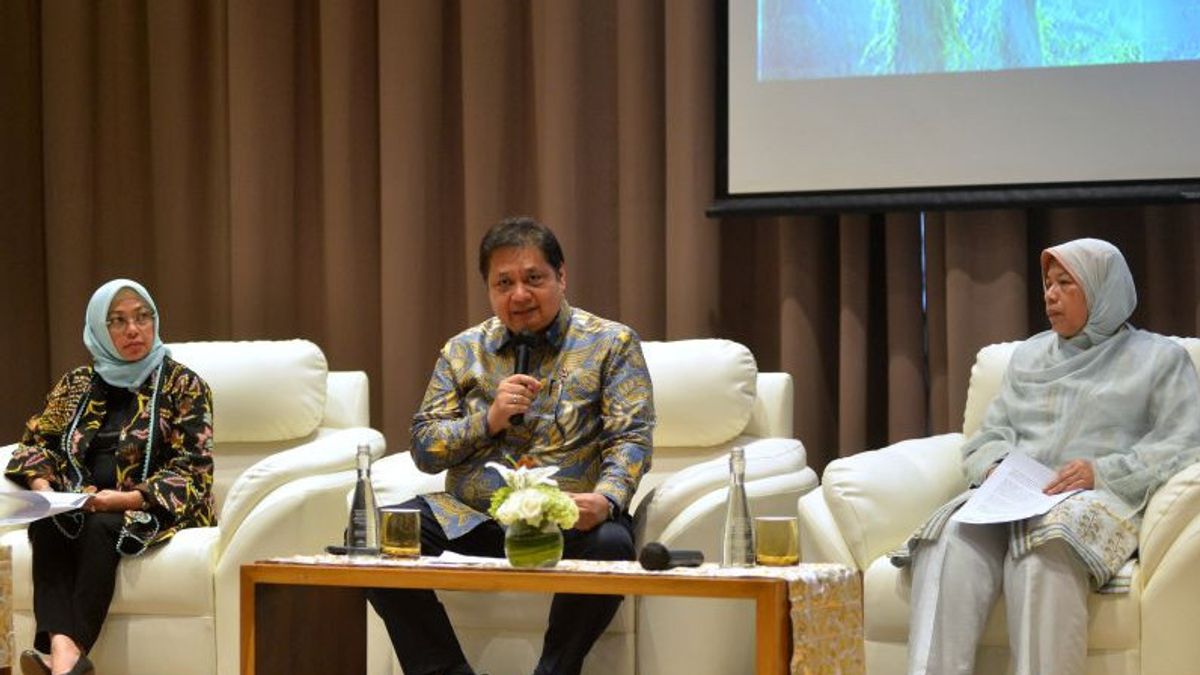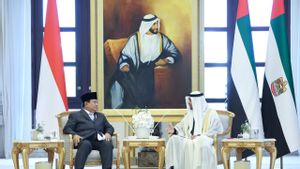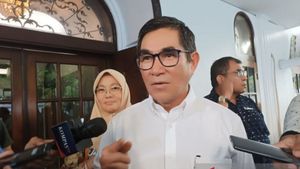BADUNG - Coordinating Minister for Economic Affairs Airlangga Hartarto emphasized palm oil as a solution to the world's food and energy crisis.
"Therefore, efforts to promote and realize palm oil sustainability commitments need to be increased, including through constructive dialogue with consumers and other vegetable oil producers, as well as capacity building and investment for small-scale farmers," he said while chairing the Ministerial Meeting (PTM) Council. of Palm Oil Producing Countries (CPOPC) with the Malaysian Minister of Plantation and Commodity Industry, H.E. Datuk Zuraida in Nusa Dua Bali, Tuesday, 19 July.
The government continues to make various efforts to overcome the food and energy crisis that is currently engulfing the world. In this case, palm oil which is also an edible oil or vegetable oil certainly has the potential to be an important solution that must be considered.
Therefore, palm oil producing countries need to take advantage of the momentum of increasing global demand for palm oil while continuing to encourage recognition of the competitiveness of sustainable palm oil globally.
Minister Zuraida expressed her confidence that demand for palm oil will remain strong in 2022 with the opening of the economic sector and international borders, especially in the food sector.
Minister Zuraida also emphasized that now is the right time for palm oil producing countries with the help of palm oil importing partner countries to demonstrate the benefits of palm oil itself.
The PTM also discussed the dynamics and trends of opportunities and challenges in the global vegetable oil market, such as the disruption of global vegetable oil supply which was affected by the conflict in Ukraine and the proliferation of food commodity protection policies.
As an effort to increase CPOPC cooperation in the future, PTM has also discussed CPOPC's plan to hold The G20 Sustainable Vegetable Oil Summit around November 2022. The meeting aims to synergize cooperation in overcoming challenges in the vegetable oil supply chain.
In addition, PTM also supports CPOPC's efforts to assist Honduras in overcoming the damage to oil palm plantations caused by the storm that occurred in 2020.
It also highlighted the process of ratification of the Protocol to Amendment to the CPOPC Charter which could be a momentum for strengthening CPOPC cooperation in the future.
Both Indonesia and Malaysia reaffirmed their joint commitment to ensure that the CPOPC advocacy efforts for sustainable palm oil will continue, including by utilizing the momentum of the Indonesian Presidency at the G20 to strengthen the collaboration of all palm oil producing countries and relevant stakeholders.
In order to support the implementation of renewable energy policies, Indonesia and Malaysia also agreed to consider increasing the biofuel mandate to B35 for Indonesia and B20 for Malaysia in increasing domestic consumption.
The English, Chinese, Japanese, Arabic, and French versions are automatically generated by the AI. So there may still be inaccuracies in translating, please always see Indonesian as our main language. (system supported by DigitalSiber.id)













